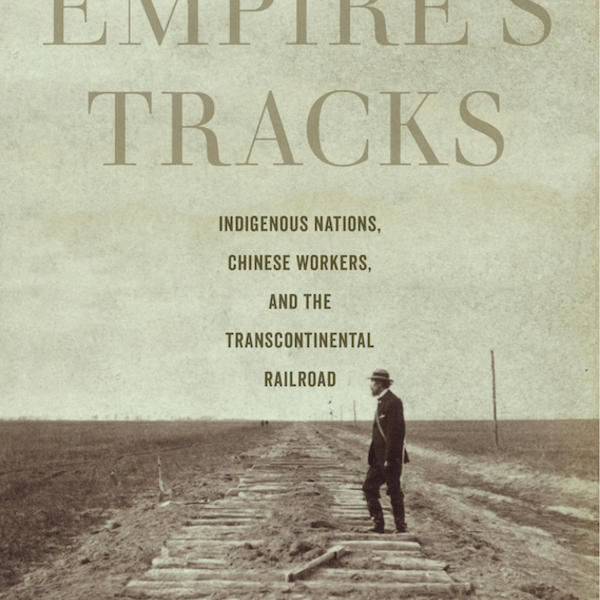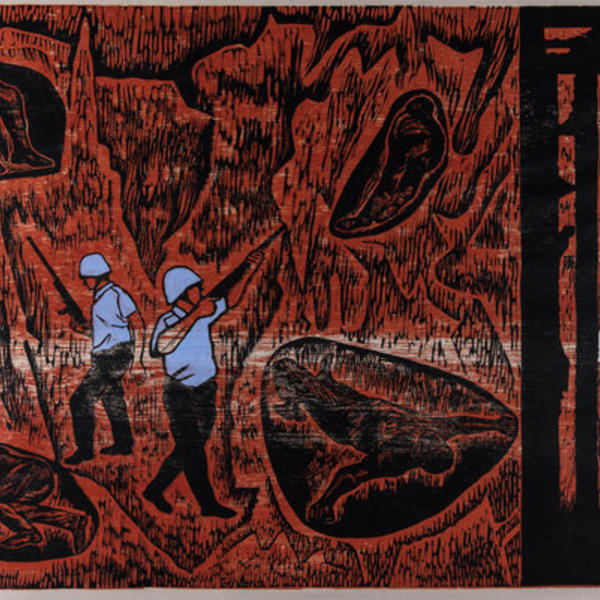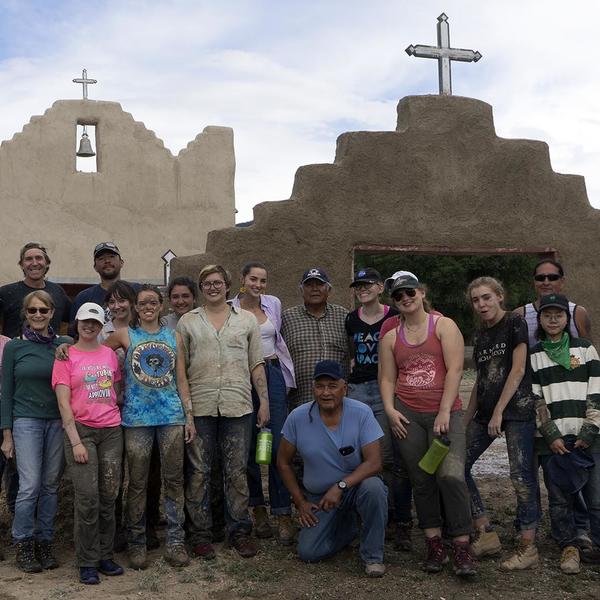American Studies
Spotlight on Faculty Work

Empire's Tracks: Indigenous Nations, Chinese Workers, and the Transcontinental Railroad
by Manu Karuka
Empire’s Tracks (University of California Press, 2019) boldly reframes the history of the transcontinental railroad from the perspectives of the Cheyenne, Lakota, and Pawnee Native American tribes, and the Chinese migrants who toiled on its path. For more details, click here.

Columbia Center for the Study of Social Difference Working Group Grant on Racial Capitalism
Racial capitalism is a concept that delineates the interlinked relationships of race and class constitutive of global capitalism. The racial capitalism working group is a site of sustained collaborative research and study. Our collective work is rooted in a commitment to Black radicalism, historical materialism, feminism, and anti-imperialism. For more details, click here.

Collaborative Archaeology of Indigenous Agriculture
In 2018, Prof. Severin Fowles initiated a community-based archaeology project, working in partnership with Picuris Pueblo in New Mexico to document the tribe’s agricultural history. Barnard students work on tribal lands under the supervision of Picuris leaders, gathering data to assist the tribe in exploring their agrarian past and also in legally protecting the water rights that are central to their future. To participate, contact Prof. Fowles.
